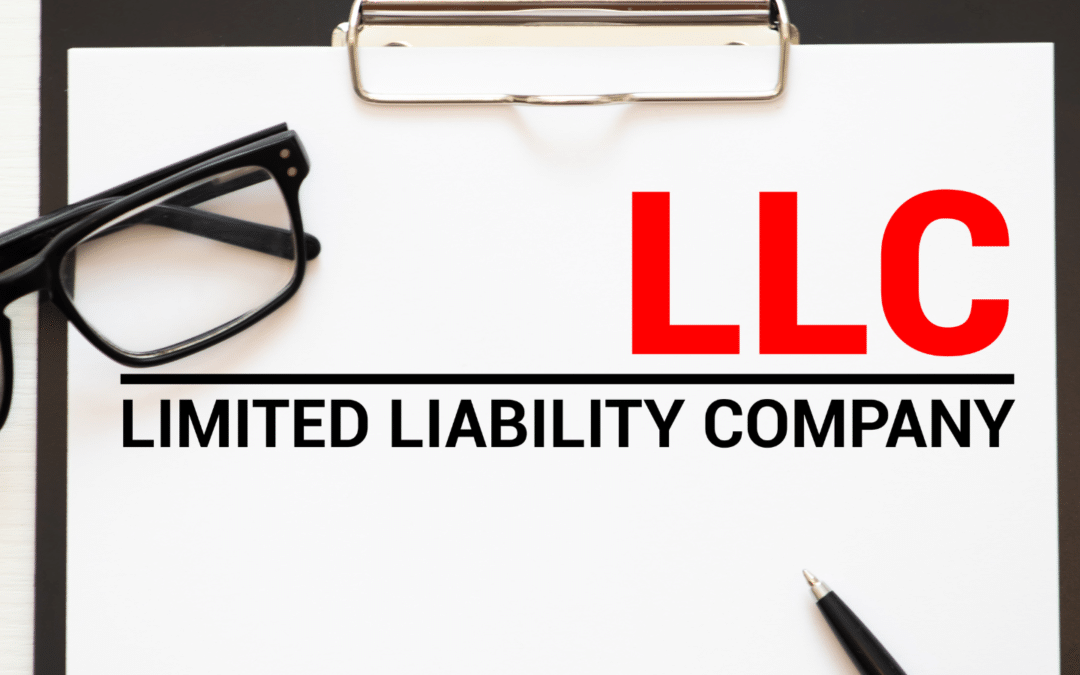

Company registration is the first step in legally establishing a business and ensuring it operates within the framework of the law. The company registration process involves submitting essential documentation, such as business details, ownership structure, and financial information, to the relevant authorities. Completing company registration not only legitimizes the business but also provides access to legal protections, tax benefits, and opportunities to build credibility with customers and investors.


A Branch of a Foreign Company
A Branch of a Foreign Company is a legal entity established by a business headquartered in another country to operate in a new market. While the Branch of a Foreign Company is not an independent company, it functions as an extension of the parent organization, adhering to local regulations while benefiting from the resources and reputation of the foreign headquarters. Setting up a Branch of a Foreign Company allows businesses to expand their operations, build a local presence, and serve customers directly in international markets.
A Non-Profit Association
A Non-Profit Association is an organization formed to pursue goals other than generating profit, often focusing on social, cultural, or charitable objectives. Members of a Non-Profit Association work collaboratively to achieve these aims, with any surplus funds reinvested into the association's activities rather than distributed as profits. Establishing a Non-Profit Association provides a legal framework for organizing efforts and attracting support, including donations and grants, while promoting a shared commitment to making a positive impact.




An Economic Association
An Economic Association is a cooperative business structure where members join forces to achieve mutual economic benefits. Each member of an Economic Association typically contributes to the organization through financial support, services, or products and shares in its profits or advantages. This type of structure is commonly used for businesses like cooperatives, where the focus is on collective interests rather than maximizing individual profits. An Economic Association fosters collaboration and shared responsibility, making it a popular choice for community-focused enterprises.
A Limited Partnership
A Limited Partnership is a business structure that includes both general partners and limited partners, each with distinct roles and responsibilities. In a Limited Partnership, general partners manage the business and assume full liability, while limited partners contribute capital and have liability only up to the amount of their investment. This arrangement makes a Limited Partnership an attractive option for investors who want to support a business without being involved in day-to-day operations or taking on significant risk.




A General Partnership
A General Partnership is a business structure where two or more individuals share ownership, responsibilities, and liabilities equally. In a General Partnership, partners collaborate to manage the business and share profits, but they are also personally liable for the company's debts and obligations. Establishing a General Partnership is relatively simple and cost-effective, making it a popular choice for small businesses and startups seeking a collaborative approach to entrepreneurship.
A limited liability company (LLC)
A limited liability company (LLC) is a popular business structure that combines the flexibility of a partnership with the liability protection of a corporation. In a limited liability company, the owners, also known as members, are not personally liable for the company's debts or legal obligations, ensuring their assets remain protected. This makes a limited liability company an attractive option for entrepreneurs who want to limit their financial risk while maintaining operational flexibility and tax advantages.




An individual company is owned and operated by a single person, making it one of the simplest and most common forms of business ownership. Operating as an individual company allows the owner to control decision-making and management while enjoying all the profits generated. However, an individual company also means the owner bears full responsibility for liabilities and risks, requiring careful financial and operational planning to ensure long-term success.



 Svenska
Svenska English
English